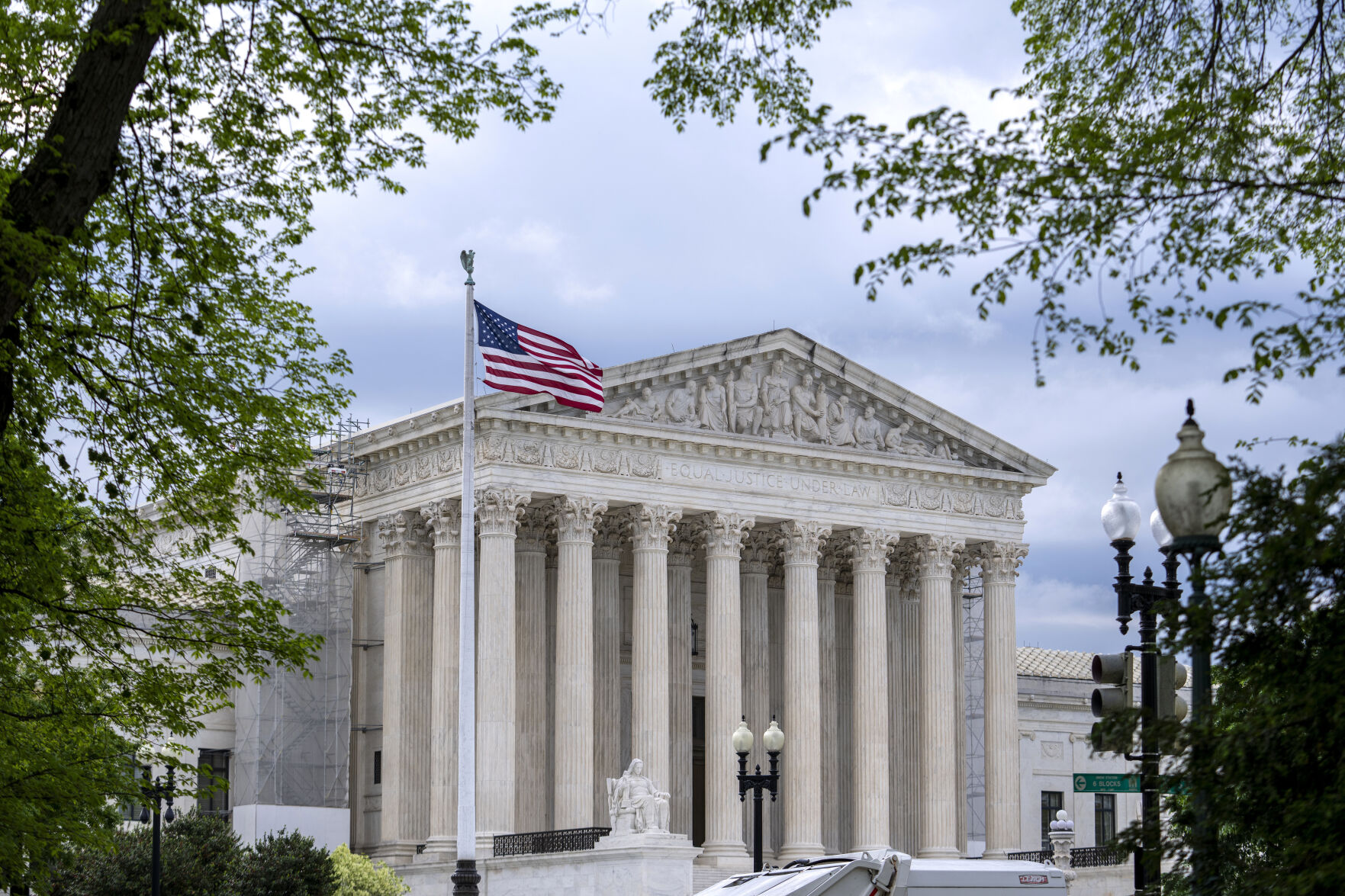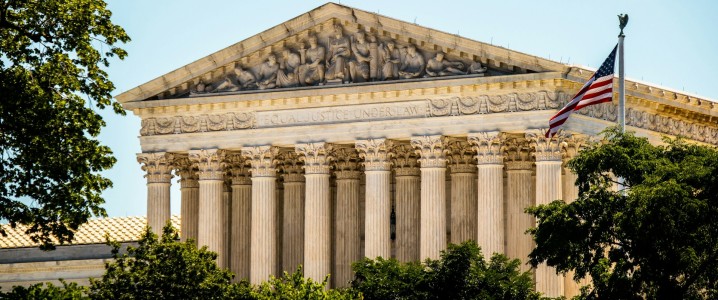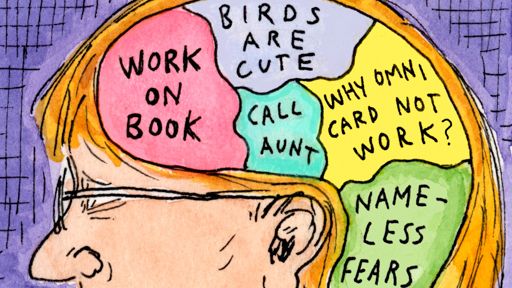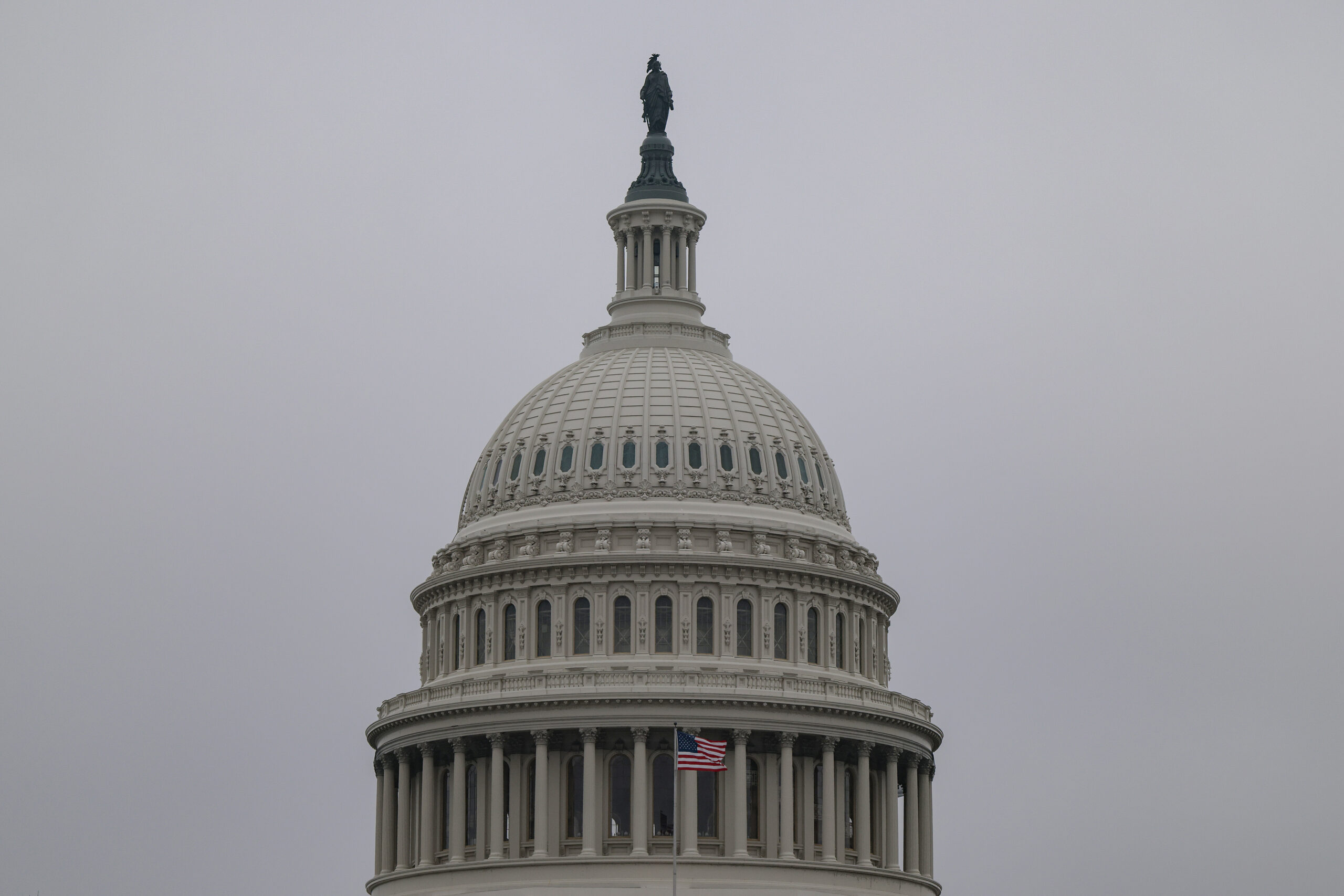In a landmark decision, the Supreme Court has ruled that individual judges cannot issue nationwide injunctions, marking a victory for President Trump but leaving questions about birthright citizenship unanswered.
Supreme Court limits nationwide injunctions, but fate of Trump birthright citizenship order unclear

Key Takeaways:
- The Supreme Court ruled that individual judges cannot issue nationwide injunctions.
- The decision is considered a victory for President Donald Trump.
- The ruling was made by a divided court, indicating dissent among justices.
- The fate of Trump’s birthright citizenship restrictions remains unresolved.
- The ruling impacts how future nationwide policies might be challenged in court.
Supreme Court Ruling Curtails Nationwide Injunctions
In a significant decision on Friday, a divided Supreme Court ruled that individual federal judges lack the authority to grant nationwide injunctions. This landmark ruling marks a legal victory for President Donald Trump but leaves the future of his restrictions on birthright citizenship uncertain.
Background on Nationwide Injunctions
Nationwide injunctions have been a powerful tool for federal judges, allowing them to halt the enforcement of federal policies across the entire country. Critics argue that this overextends judicial power, while proponents believe it’s necessary to provide immediate relief from potentially harmful policies.
Details of the Court’s Decision
The Supreme Court, described as “divided,” concluded that individual judges should not possess the power to issue injunctions that extend beyond their jurisdiction. This decision suggests a significant shift in how federal policies can be challenged and may limit the ability of lower courts to impede executive actions on a national scale.
Impact on Birthright Citizenship
Despite the ruling being a win for President Trump, it leaves unanswered questions regarding his efforts to restrict birthright citizenship. The decision does not directly address the legality of the birthright citizenship order, leaving its fate “unclear.” The lack of resolution means that debates and legal challenges surrounding this issue are likely to continue.
Legal and Political Implications
The ruling may have far-reaching implications for how nationwide policies are contested in the courts. By limiting the scope of injunctions, the Supreme Court is potentially reshaping the balance of power between the judiciary and the executive branch. This could affect future administrations and the way federal policies are implemented and challenged.
Conclusion
The Supreme Court’s decision to limit the authority of individual judges marks a pivotal moment in federal judicial practice. While it serves as a victory for President Trump, particularly concerning his administration’s policies, it also opens the door to new legal debates. The unresolved status of the birthright citizenship order ensures that this topic will remain a contentious issue in the legal and political arenas.











